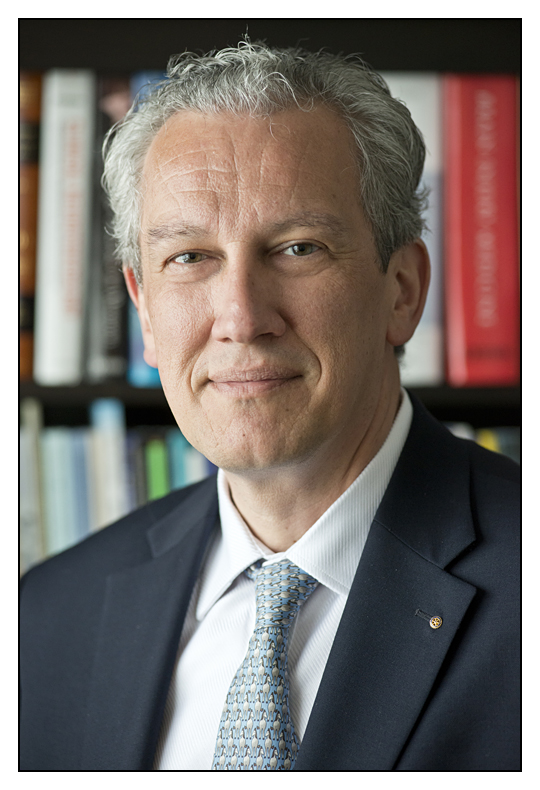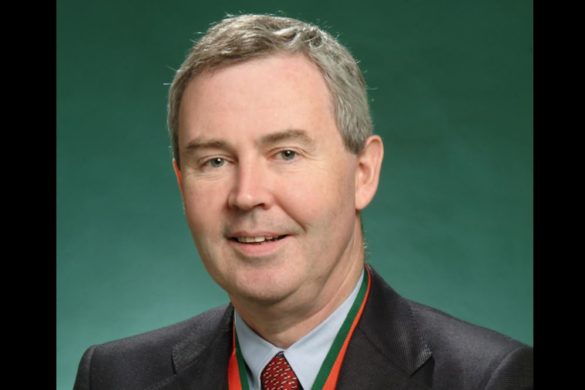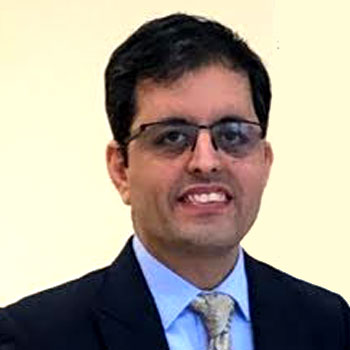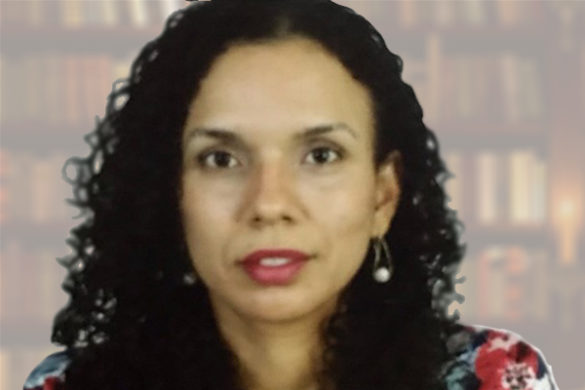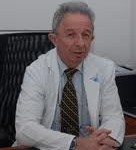 Israel Steiner, Chair of the EFNS Scientist Panel on Infectious Diseases
Israel Steiner, Chair of the EFNS Scientist Panel on Infectious Diseases
Gian Luigi Lenzi: Could you briefly tell our readers the state of the art in the field of interest of your panel?
Israel Steiner: For me, infections of the nervous system is an ever changing and developing field that provides a constant challenge in terms of diagnosis, therapy and research. New clinical syndromes emerge not only because new pathogens are discovered or present their pathogenic potential, but also a result of therapeutic advancements. For example, IRIS (Immune Reconstitution Inflammatory Syndrome) is a relatively new condition that follows diagnosis of AIDS and initiating antiretroviral therapy that is encountered in neurology mainly with progressive multifocal leukoencepalopathy (PML), an opportunistic infection of the nervous system of AIDS and natalizumab-treated MS patients.
GLL: Could you give us the dimensions in terms of number of patients, years of disease, cost and social impact?
IS: The answer to this question requires a book. However, infectious conditions are either acute/subacute or chronic. The acute conditions require immediate diagnosis. When amenable to therapy (e.g. bacterial meningitis, herpes simplex virus encephalitis, epidural spinal abscess) they are usual of a relative short duration. Even if no therapy is available (west Nile virus meningoencephalitis) the disease is of short duration. Likewise the chronic infections (syphilis for example) can take years, but diagnosis and therapy can arrest further neurological deterioration. The burden is based also on geography. Neuro-AIDS is a highly important issue in certain regions as is cerebral malaria, trypanosomiasis etc, with immense economical, social and health impact and burden.
GLL: What is new in the field of your panel in terms of the therapeutical approach?
IS: First, the means of molecular diagnosis. The introduction of polymerase chain reaction (PCR) enables reliable and early diagnosis. Second, the development of effective anti retroviral medications. There is also a global trust to develop vaccines against malaria and trypanosomiasis, both conditions with huge endemic impact.
GLL: And in terms of research, what is the hot topic?
IS: For me the most intriguing aspect of research is elucidating the molecular and cellular pathogenesis of CNS infections. Certain viruses are neurotropic. Why does immune-suppression causes PML, a condition confined to the CNS? How does herpes simplex virus establish latent infection in the peripheral sensory ganglia? How can we harness human pathogens such as herpes simplex or adeno-associated virus as vectors for gene therapy to neurological conditions from muscle dystrophy to primary brain tumors? The search for answers to these questions is intense and extremely fulfilling.
GLL: What would you suggest to the young neurologist and to neurologist in training who wants to specialize in your specific field?
IS: The field of infections of the nervous system requires first and foremost clinical skills. It also requires experience in general medicine and intensive care. Thus, extensive clinical training is a pre-requisite. Then it requires basic knowledge in molecular biology and biochemistry. Being one of the most challenging and rapidly developing subspecialties in neurology, I believe that it is an arena for those young neurologists who wish to combine a career of clinical work with basic research.
GLL: What could EFNS do to improve cultural integration between neurologists of different countries in the field of your panel?
IS: The EFNS mission includes two very central goals that are important in neuro-infections: 1. “Multidisciplinary collaboration and partnership”, namely to enhance collaboration between different clinical and basic professional disciplines related to the field and 2. “High standards in neurological education throughout Europe”, which means to train young neurologist in this subspecialty. I also think that the guidelines, one of the chief aspects of the EFNS panels’ activity is an important contribution.
GLL: Thank you for your time.
Professor Israel Steiner, Israeli born, finished his medical studies at the Hebrew University in Jerusalem and spent two years of fellowship at the Wistar Institute in Philadelphia doing molecular virology. Selected functions and activities include: Vice Dean for Research at the Medical faculty, Hebrew University, Head of Research Committee, Hadassah University hospital, Chairman of the Israeli bar examination in Neurology. Currently he is Chairman of the Department of Neurology at the Rabin Medical center, Petach Tikva, Israel. His main research interests include: viral pathogenesis, herpes virus latent infections and reactivation from the nervous system, neuroimmunology, immune-mediated peripheral neuropathies.




